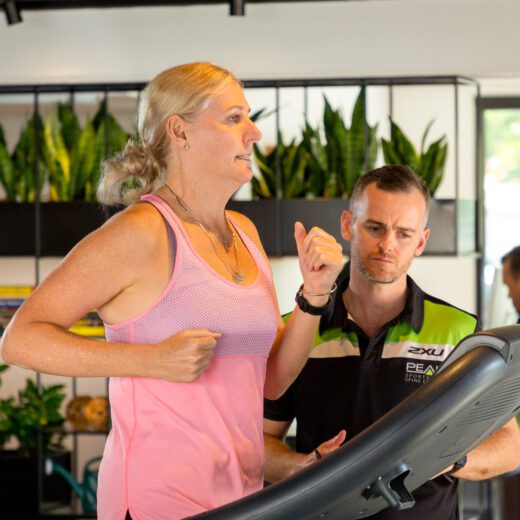
Here are a few important areas of your training to look at:
1. Load Management:
Effective load management includes adequate rest and recovery periods, allowing the body to adapt and enhance fitness sustainably. It also means gradually building up training load over time. A common error we see as physiotherapists is a quick spike in load at the commencement of the season e.g. 1 week intensive rowing camp after a few months of no rowing training. It’s important to follow any off-season/pre-season programming from your coaches, to allow the body to gradually adapt to the stressors of the sport.
2. Proper Technique:
Maintaining proper form throughout the rowing stroke is critical to minimise stress on the lower back. Key points include:
- Catch Position: Shins vertical, back straight, shoulders relaxed, avoid rounding your lower back.
- Drive Phase: Engage your core, keep your back straight, and drive power from your legs, not your back.
- Finish Position: Lean back slightly, keep your core engaged, and maintain a neutral spine without overextending and dumping the oar into your lap.
It’s important to also ensure your seat in the boat is set up for your body shape and size e.g. foot plate position. Working with a coach or physiotherapist to perfect your technique can significantly reduce injury risk.
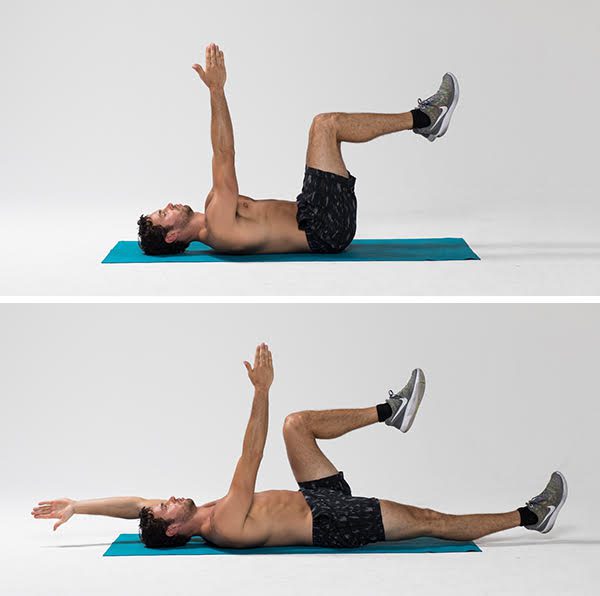
3. Core Strengthening:
A strong core is vital for proper posture and stability during rowing. Incorporate exercises targeting deep abdominal muscles, obliques, and the lower back into your routine. Effective core exercises include:
- Hollow holds: Builds endurance in core muscles.
- Bridges: Strengthens lower back and glutes.
- Bird-Dog: Enhances stability and coordination.
- Dead Bugs: Engages the core while maintaining a neutral spine.
4. Flexibility and Mobility:
Flexibility and mobility in the hips, hamstrings, and lower back are crucial for preventing pain. Regular stretching and mobility exercises should be part of your routine. Beneficial stretches include:
- Hamstring Stretch: Increased hamstring length allows for more body rock without rounding of the spine
- Hip Flexor Stretch: Allows for a proper “sit back” at the finish
- Lower Back Stretches: Can help to ease stiffness and promote flexibility.
- Thoracic Spine Mobility: Allows for greater rotation at the catch.

5. Listen to Your Body:
Recognise the signs of overuse or strain and address them promptly. New or persistent lower back pain from rowing should not be ignored. Children are also at a higher risk of more serious lower back pathologies such as bony stress injuries, so any lower back pain in this population should be treated as suspicious until reviewed by a medical professional.
How can a physiotherapist help with back pain in rowing?
Physiotherapists offer specialised knowledge and techniques to address the unique demands of rowing on the body. Your physiotherapist will conduct a thorough assessment to identify the root cause of the back pain, including biomechanical issues, muscular imbalances and technique. They will then create an overall rehabilitation plan, which may involve a personalised exercise program, load management advice, manual therapy such as massage or mobilisations, as well as providing you with education on your condition and advice on how to prevent future episodes.
Ultimately, lower back pain from rowing can in some cases be prevented, but is not something that should be ignored. If you are experiencing lower back pain, whether it’s new or ongoing, reach out to our friendly team on 3399 3318 or online to book an appointment with one of our coaches.
Read the latest articles

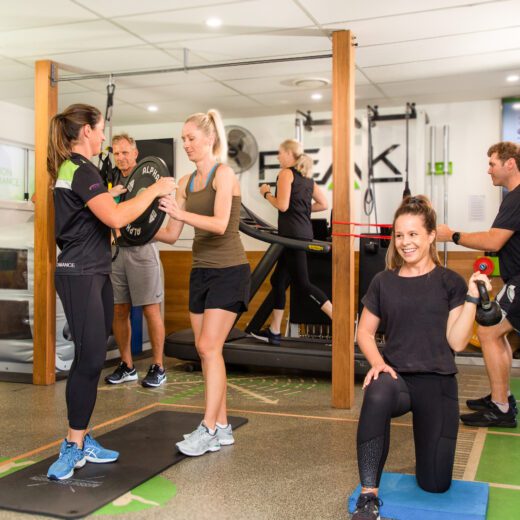
From Recovery to Resilience: Embracing a Preventative Mindset in Physiotherapy
For many, the first encounter with physiotherapy begins with pain. It might be the result of an injury, a nagging ache that won’t go...
Read more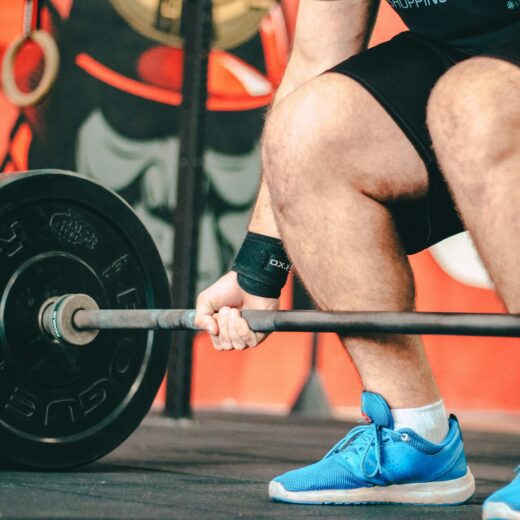
Deadlifting: Why It Matters – A Physiotherapist’s Perspective
As a physiotherapist, one of the most common myths I encounter is that deadlifting is only for bodybuilders or elite athletes. The reality? The...
Read more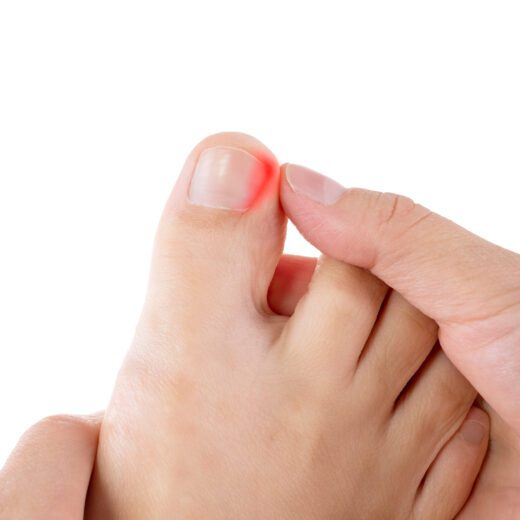
Understanding Ingrown Toenails
Ingrown toenails occur when the edge or corner of a toenail grows into the surrounding skin, leading to pain, redness, and swelling. This condition...
Read more
Staying the Course: How to Stay Motivated Through Your Rehab Journey
Rehabilitation isn’t always a straight line. Some days, you’ll feel strong. Other days, progress might feel slow or even invisible. But here’s the truth...
Read more
When Dreams Take Flight: The Extraordinary Night We Shared “For The Last Time”
In the warm glow of a Brisbane evening, something magical happened. On May 25th, New Farm Cinema became more than just a venue—it transformed...
Read more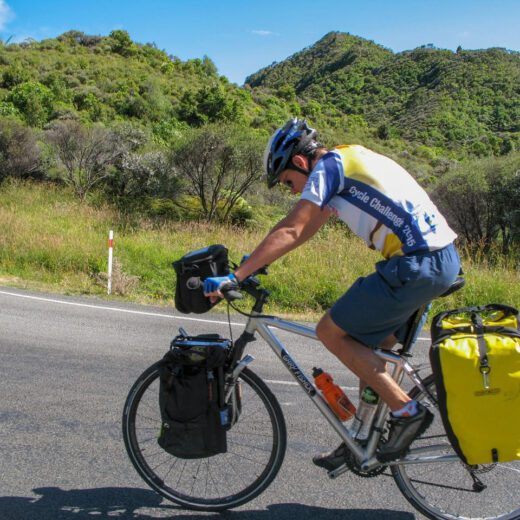
Ed’s Physio Journey with Nickelback Boy
Let us introduce PEAK Athlete Ed Schache… As a husband, Dad to 2 young sons, and lifelong recreational cyclist, Ed’s never been one to chase...
Read more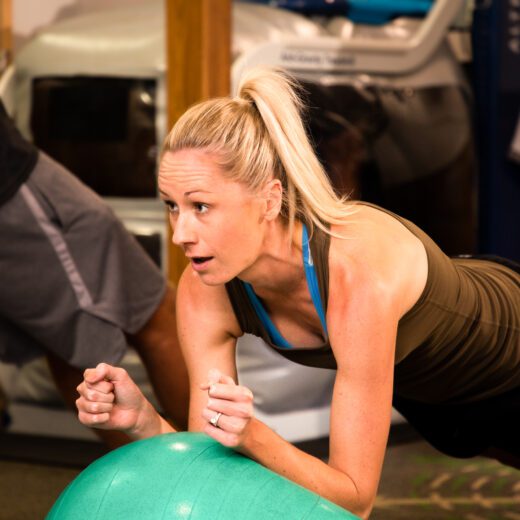
Why Women Should Strength Train: Lifelong Benefits from Youth to Aging
For too long, the image of strength training has been associated mainly with male athletes or bodybuilders. But the science is clear: strength training...
Read more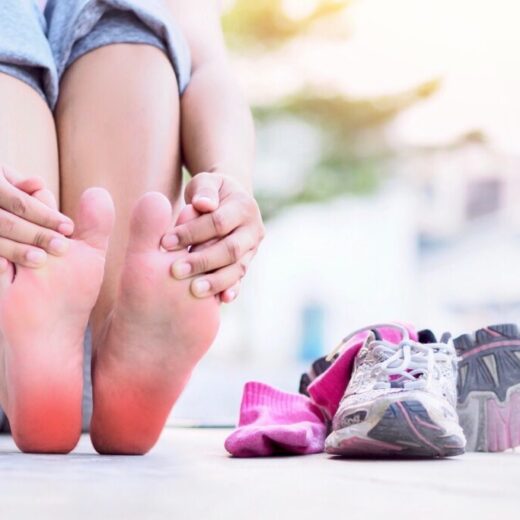
Sever’s Disease: Understanding Heel Pain in Growing Children
Heel pain in children is a common concern—especially among those who are active and going through growth spurts. One of the most frequent causes...
Read more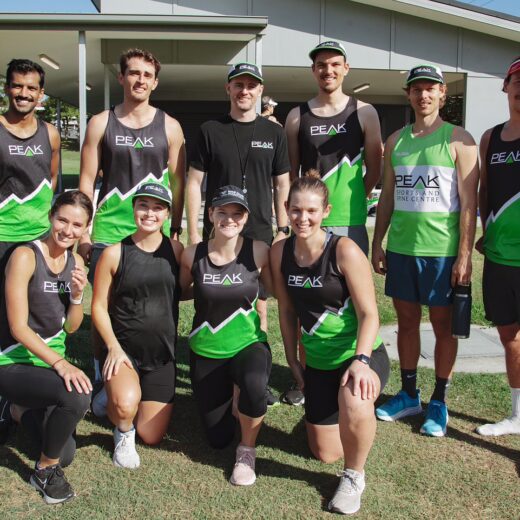
Join the Sunshine Coast Marathon
Join the Sunshine Coast Marathon with PEAK Sports and Spine Centre: Run with a Winning Team and Enjoy Exclusive Perks!Are you ready to challenge...
Read moreNot exactly what you're looking for?
View all articlesLet's get started — How can we help?
Physiotherapy
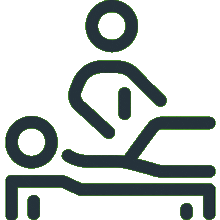
Chiropractic
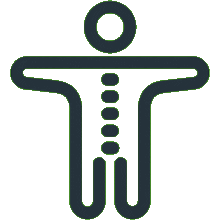
Podiatry
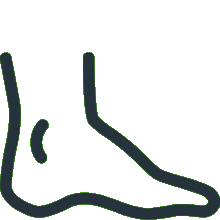
Massage Therapy
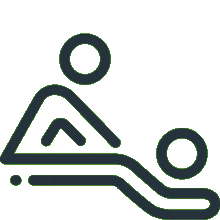
Women's Health Physiotherapy
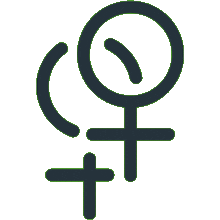
Running Program Tailored To Your Goals
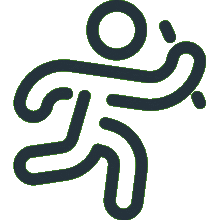
Joint Mobilisation
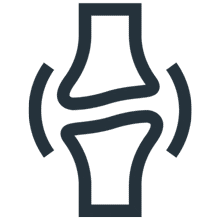
Active Release Technique
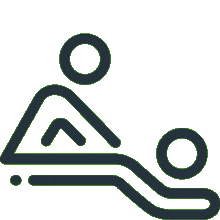
Exercise Prescription
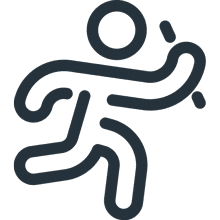
Real Time Ultrasound Imaging

Spinal Manipulation
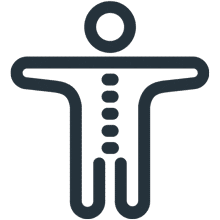
Functional Movement Screen
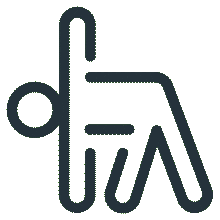
Knee Pain Treatment

Hamstring Strain Treatment
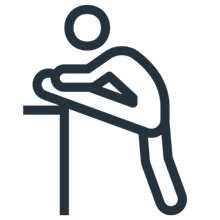
Hip Pain Treatment

Upper, Middle & Lower Back Pain

Neck Pain Treatment

Shoulder Pain & Rotator Cuff Tear

Can't find what you're after?
View all ServicesOr email the PEAK team at info@peakssc.com.au
Hawthorne
- Phone: (07) 3399 3318
- Fax: (07) 3319 6577
Address
5/171 Riding Road,Hawthorne, QLD, 4171 Get Directions
Opening Hours -
6 days per week
- Monday - Friday: 7:00 am - 8:00 pm
- Saturday: 7:00 am - 1:00 pm
To make a booking outside of business hours, please use our form by clicking here.
New Farm
- Phone: (07) 3399 4668
- Fax: (07) 3319 6577
Address
1/15 Lamington Street,New Farm, QLD, 4005 Get Directions
Opening Hours -
6 days per week
- Monday: 7:00 am - 8:00 pm
- Tuesday: 7:00 am - 8:00 pm
- Wednesday: 9:00 am - 8:00 pm
- Thursday: 10:00 am - 8:00 pm
- Friday: 7:00 am - 3:00 pm
- Saturday: 7:00 am - 3:00 pm
To make a booking outside of business hours, please use our form by clicking here.
